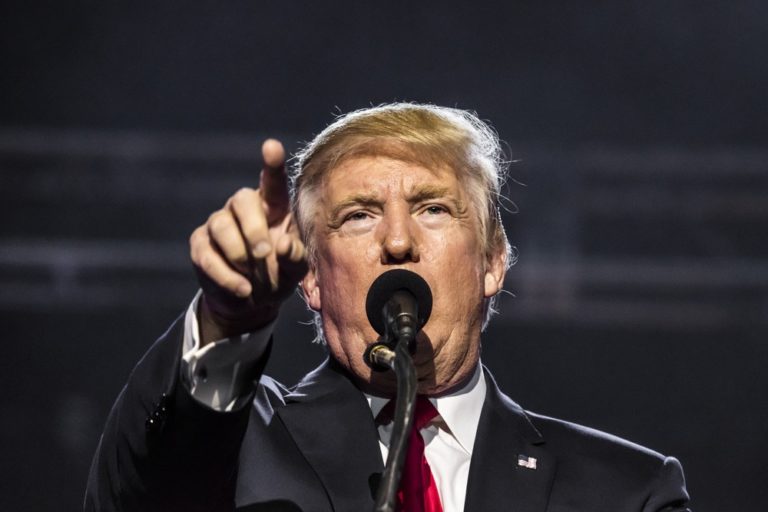Key Takeaways:
- Tucker Carlson grilled Sen. Ted Cruz over his support for President Trump.
- The debate focused on Cruz’s stance on Israel’s conflict with Iran.
- Carlson questioned Cruz on Iran’s demographics, which Cruz struggled to answer.
- The clash highlights tensions among conservatives over foreign policy.
- The full interview will air Wednesday, sparking anticipation among viewers.
Tucker Carlson and Sen. Ted Cruz (R-Texas) clashed in a heated exchange during an interview Tuesday. The debate centered on Cruz’s unwavering support for former President Donald Trump and his views on Israel’s escalating conflict with Iran. Carlson, known for his sharp questioning, pressed Cruz on his knowledge of Iran’s population and its role in the region. When Cruz couldn’t provide the specifics Carlson was seeking, the host criticized him sharply.
What Happened
Carlson released a preview of the interview, which is set to air in full on Wednesday. In the clip, Carlson aggressively questioned Cruz about his support for Trump and his stance on Israel’s conflict with Iran. Carlson seemed frustrated when Cruz couldn’t provide detailed answers about Iran’s demographics and its influence in the Middle East.
At one point, Carlson accused Cruz of not having a clear understanding of the issues. Cruz, however, defended his position, arguing that his focus was on standing with Israel against Iranian aggression. The exchange quickly escalated, with both men raising their voices.
Key Points of the Debate
- Support for Trump: Carlson challenged Cruz on his loyalty to Trump, suggesting Cruz was more focused on political strategy than addressing the actual issues.
- Understanding Iran: Carlson asked Cruz about Iran’s population and its ethnic makeup. Cruz struggled to provide precise answers, leading to a tense moment.
- Israel’s Role: Cruz emphasized the importance of supporting Israel, calling it a key ally in the region.
- Carlson’s Criticism: Carlson criticized Cruz for not having a deeper understanding of Iran’s dynamics, arguing that such knowledge is crucial for effective policy-making.
Why This Matters
The clash between Carlson and Cruz highlights growing divisions within the conservative movement. While Cruz has been a strong supporter of Trump and his policies, Carlson has increasingly criticized Trump’s approach to foreign policy. The debate also raises questions about how well elected officials understand the complexities of global conflicts.
Carlson’s confrontational style has made him a polarizing figure in media. His willingness to challenge even fellow conservatives like Cruz has drawn both praise and criticism. Some viewers see him as a bold truth-teller, while others accuse him of grandstanding.
What’s Next
The full interview is expected to air Wednesday, and fans of both Carlson and Cruz are eagerly awaiting the release. The preview has already sparked a lot of discussion online, with many speculating about the implications of the clash.
As tensions between Israel and Iran continue to rise, the debate over how the U.S. should respond is becoming increasingly polarized. Carlson and Cruz’s exchange offers a glimpse into the broader disagreement among conservatives about how to handle foreign policy.
The Bigger Picture
The argument between Carlson and Cruz reflects a larger struggle within the Republican Party. As the 2024 presidential election approaches, debates over foreign policy, loyalty to Trump, and the direction of conservatism are heating up.
Carlson’s tough questioning of Cruz also underscores his reputation as a host who doesn’t shy away from confronting his guests, even when they share similar political views. Whether this approach resonates with his audience or alienates some of his supporters remains to be seen.
Final Thoughts
The fiery exchange between Tucker Carlson and Ted Cruz has sparked a lot of interest and debate. While their differences in opinion are clear, one thing is certain: the conversation is far from over. As the full interview airs Wednesday, viewers will be watching closely to see how the discussion unfolds.
The clash also reminds us that even within political parties, there are sharp disagreements about how to address critical issues like foreign policy. As the U.S. navigates its role in global conflicts, these debates will only grow more important.










